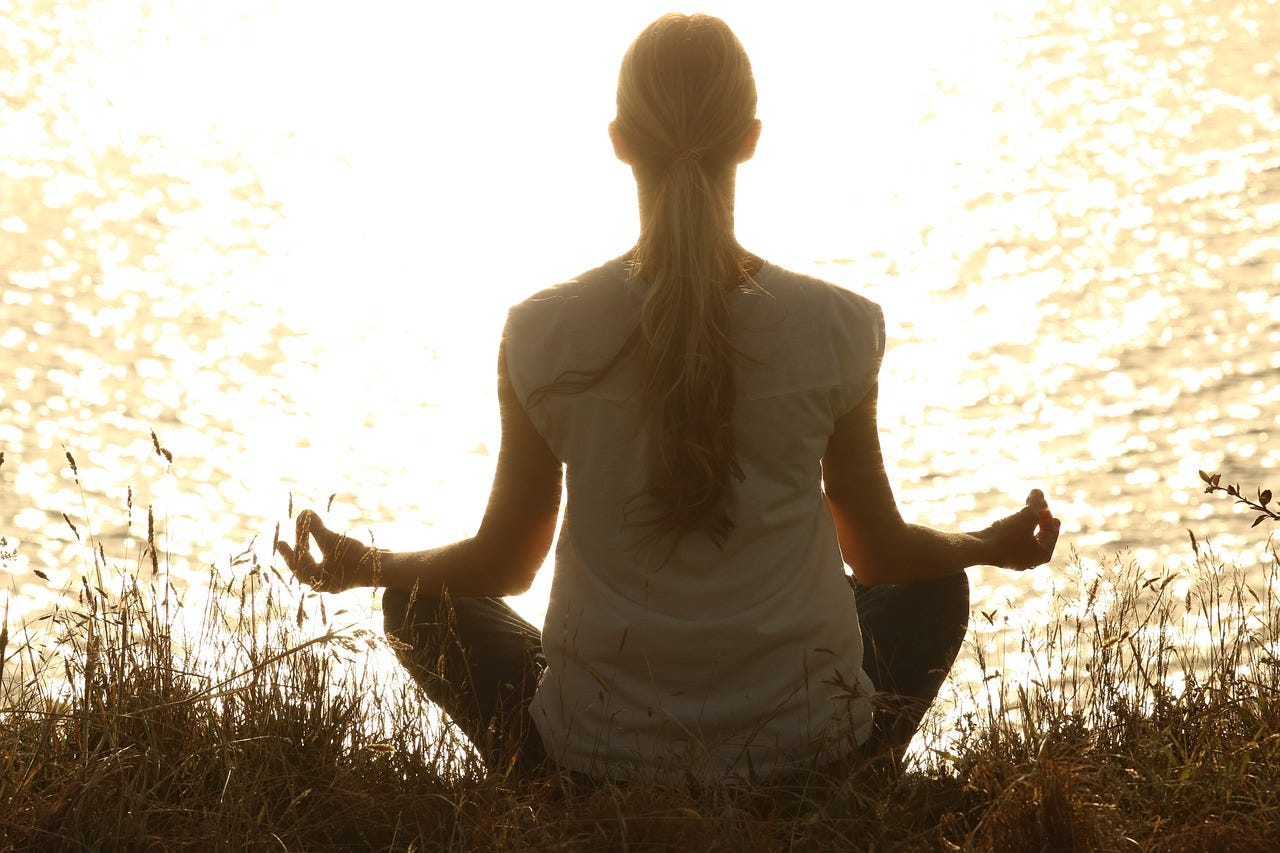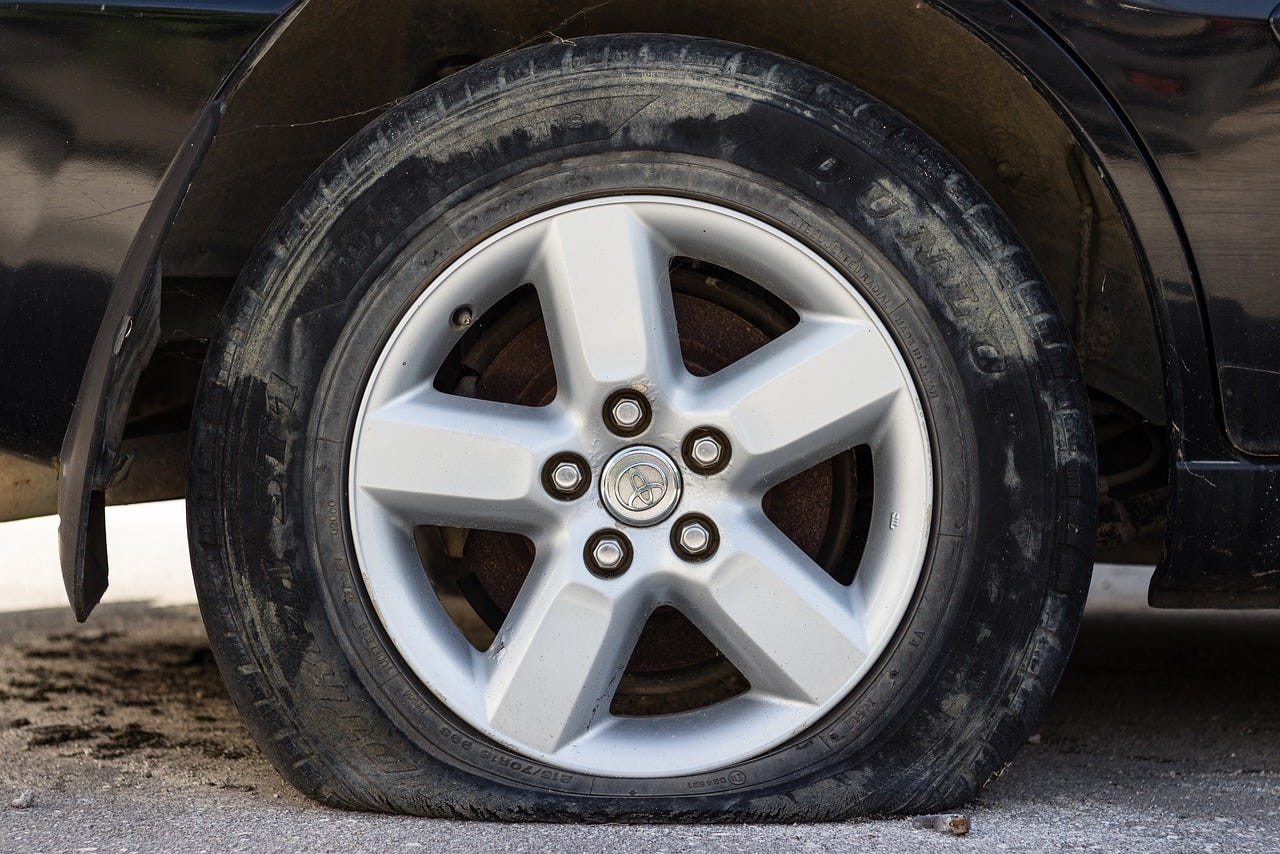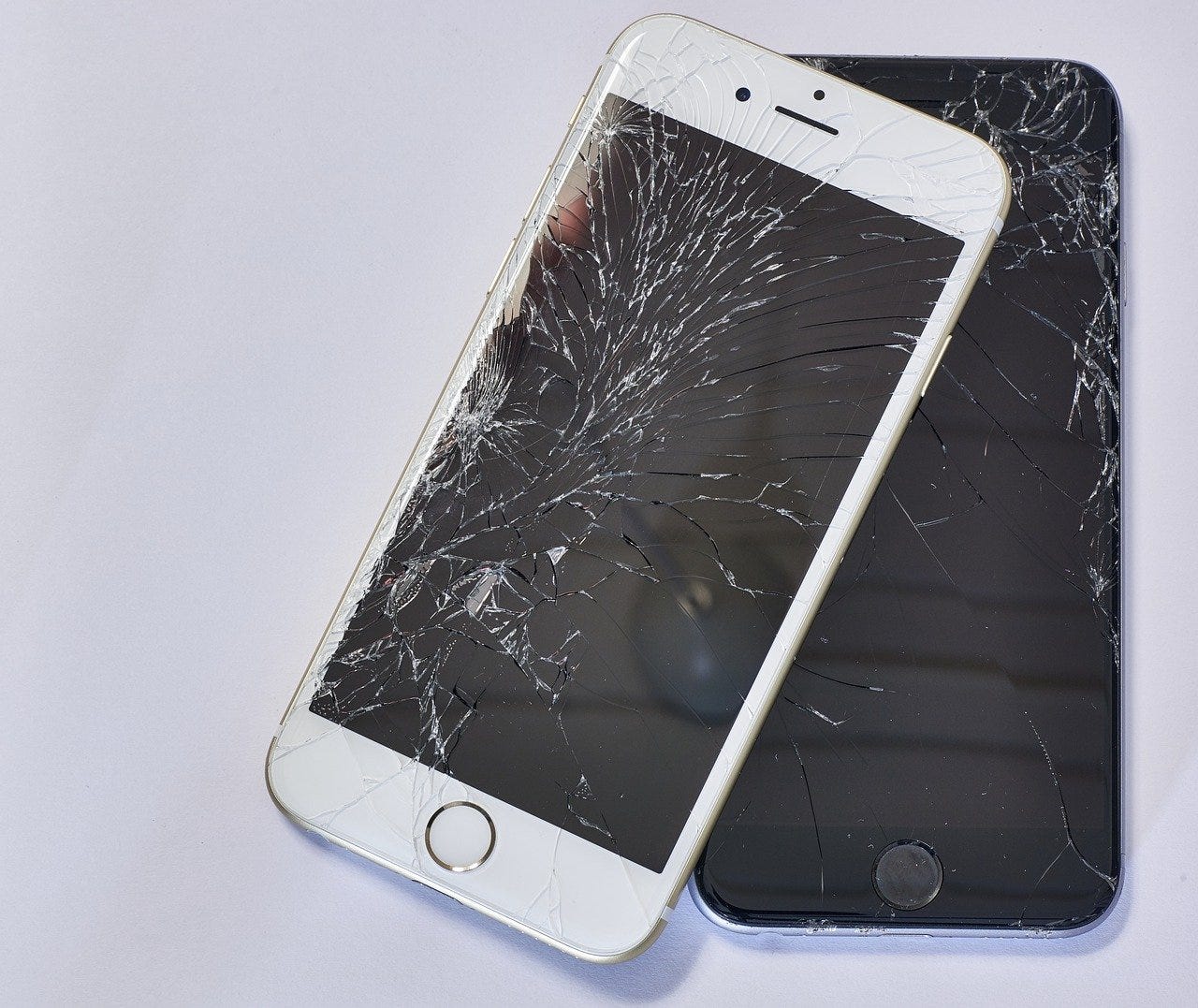October newsletter
A pre-NaNo notification: Burying your smartphone and laptop will not help you focus
Hi everyone
This November will see the return of NaNoWriMo where enthusiastic authors and hope-to-be authors attempt to write a 50,000 word novel in one month. There’s a supportive online community, people put out prompts to help others along and there’s all the good stuff associated with the feeling of “winning” at the end.
It doesn’t suit my writing style, so it’s not something that I’ve ever done, though this year, in the Time to Write Club, we have started a November accountability thread where I will be trying to finish my latest novel, though it wouldn’t count for NaNo as the first three chapters are already written.
NaNoWriMo or accountability from somewhere else, like a writing group, both have the same aim. Getting you to sit down, focus and write, and not be distracted by cousin Amanda’s latest Instagram adventures or the group full of cute cats on Facebook.
We are living in an era where it’s easier to be distracted than do anything else. Our phones are constantly lighting up, our TVs are suggesting things that we’d love to binge, and our computers are making little bleeps all the time that might just be life-changingly important notifications, though they’re usually not. Often, our homes have become interchangeable with our workplaces, and there are caring responsibilities, housework, shopping, social obligations, and a never-ending to-do list of things which just need to be done, someday.
Consequently, there’s lots of advice on how to ignore all of this and focus on what it is that we want to do. But, let’s be honest, most of this advice isn’t doable for most people and, if it is, it’s not sustainable in the long-term.
It’s very easy to say that you should delete all of your social media, never check your email, begin each day by meditating following up with a stretchy yoga session (very few people seem to acknowledge that meditation is supposed to follow yoga, not the other way around), journal all of your thoughts and the things that you’re grateful for and your happy memories, and of course make time for something else that is self-care (because the meditation, yoga, and journaling are just what you should be doing and don’t count towards your self-care quota), and then still get everything you want to do, done.
And it all sounds very nice and idyllic. There are lots of people who declare that this is the way forward, particularly the deletion of all social media, and they’re usually very smug about it on social media, exposing the cold-hard fact that they haven’t deleted it at all, because without it, they’d have nowhere to boast about how enriched and wonderful their life is without social media.
Never checking your email is also a terrible idea. While most of your inbox is probably subscriptions you don’t need to read, badly worded attempts to sell you stuff you don’t need to buy, and updates from people you don’t even know, you do not want to be the person who misses their surgery because appointments are no longer sent in the post.
Self-care is of course essential. We cannot expect to be able to live our lives in any meaningful way if we’re not looking after ourselves. But, if you’re managing to meditate, do yoga and journal every day, that is enough, so don’t beat yourself up if you’re not also managing to have a daily bubble bath while drinking hot chocolate and reading a life-altering novel. In fact, don’t beat yourself up if you’re not managing to mediate, do yoga and journal every day, if at all. Do lots of people feel better after meditating? Yes. Does everyone? No.
There are a lot of misconceptions around self-care and what “you should” be doing, and most of these neglect the most important aspect of self-care – the self. When it comes to self-care, you need to do what works for you. If sitting on a tiny cushion in complete silence for ten minutes leaves you anxious and stressed every single time you do it, maybe that type of meditation isn’t for you. And that’s OK.
The point of meditation is to reach a state of mind where you are no longer distracted, not obsessing over your thoughts and not mindlessly living your life and wondering where the time went. This is very similar to the “flow state”, defined by Mihalyi Csikszentmihalyi in his book, Flow: The Psychology of Optimal Experience as “a state in which people are so involved in an activity that nothing else seems to matter”. This state can be achieved in several ways. Painting, playing a musical instrument, exercise and many other activities can help people achieve a state of flow. If you can achieve peace and inner harmony by doing something other than sitting still and focusing on your breath, then that’s what you should do.
Of course, all of this leads to a conundrum. If all the advice on how to focus on what you want to do and get it done doesn’t work, then what can you do? Do you tear up all that advice, go back to the drawing board and realise that once again you’ve got nothing done? No. You take the bits of the advice that do work for you (and they are in there), and you use those.
But first, you need to acknowledge one simple fact. That you do have more time than you think you do. We’re all very busy, and none of us have time for anything. We get up, busy, busy, busy, meditate, busy, busy, busy, binge TV, busy, busy, busy, sleep. We do not know where the time goes or how other people get anything done. Child-free people look at parents and wonder how it’s possible to keep little humans alive with everything else going on; working parents look at their boss, with twice as many kids, who wrote a novel in their spare time and wonder what spare time is. And then, the boiler breaks.
You do not have time for the boiler to break, but it has. You have no hot water, no heating, and it’s the middle of winter. You need to ring gas engineers and review different boiler options and quotes and check your finances and make sure someone is at home for the new boiler fitting. But you don’t have time to do that, so it doesn’t get done, right? No. It gets done because you make the time to do it. Unexpected crises are stressful, expensive, and time consuming, but we always manage to make the time for them, and if we can make the time for them, then the time has always been there to use. Other stuff might not get done, but there’s nothing like an emergency to highlight what is and isn’t actually important.
One of the best things I ever did to begin time management was record everything I was doing. I used a spreadsheet with thirty-minute slots for every day, and every half an hour filled in what I had been doing. It sounds like it would be time consuming, but it really doesn’t take that long and at the end of one week you have an excellent visual representation of where all the time in your week has gone – filling the sheet in every thirty minutes also makes you more aware of what you are doing with your time as it happens. If it’s helpful, you can colour code the sheet with red representing time wastes, green productive periods and yellow somewhere between the two.
If you happen to have a crisis like the boiler breaking drop into your recorded week, this also offers some concrete insight into how you do make the time for things when you need to, but even if you’re lucky and that doesn’t happen, you can still see the areas you could have let go of, if something had come up.
You can use your record to review your gaps and see where you have the space to let things go, but don’t fall into the trap of trying to make every minute of every day productive. We all need space for doing nothing and responding to seeing that you’re spending three hours on social media by dramatically deleting your apps and quitting cold turkey isn’t going to work. Use your record as an opportunity for self-reflection, not self-criticism.
Now that you’re more aware of your time, you can begin planning on how to use it better, but first you need to decide what it is that you want to do.
Something that really speaks to me is Neil Gaiman’s concept of “the mountain”. We’re both writers, so our mountains are similar (although he’s at the summit and I’m sat at the bottom somewhere!), but it doesn’t matter if you’re a writer or a programmer or a landscape gardener. The concept works the same. Gaiman said that he imagined that “where [he] wanted to be – an author, primarily of fiction, making good books, making good comics and supporting [himself] through [his] words – was a mountain. A distant mountain… as long as [he] kept walking towards the mountain [he] would be all right”.
And the best thing you can do to achieve your goals is seeing everything you’re doing as either walking towards or away from your mountain. If it gets you closer, say yes; if it takes you further away, politely say no and walk away.
When the boiler breaks, getting it fixed becomes the priority, and it gets done. When you make walking towards your mountain the priority, it gets done. Establishing a daily routine helps you manage your time – if it helps you get started, you can use the same spreadsheet you used to record your time and plan your time in detail. Thinking about how you can use pockets of time, like your commute and your lunch hour, often help you get things done in time which was previously lost in an unknown oblivion.
Every month, make a list of goals that will help you move towards your mountain. These should be small, achievable things you can get done. For example, if your mountain is to be an author like Neil Gaiman, a good goal might be to write a short story or a single chapter of a novel. If your goal was to write a book, this is quite big and unwieldy, and you probably won’t have achieved it when you review your goals at the start of the next month. This will lead to feelings of disappointment and make you less likely to follow through on your goals in the future. Whereas if your goal was to write one chapter, and you manage to write four or five over the course of the month, this keeps you feeling positive and more likely to keep walking towards your mountain.
Three, doable goals a month are ideal. Of course, this doesn’t mean that you can’t work towards other goals over the month or have to say no to opportunities that will take you towards your mountain, but three achievements a month soon build up. Before you know it, you will be even closer to the summit of your mountain and the things you want to do are getting done.
Focusing on your goals without succumbing to distractions is still difficult though, but it is possible to make room for both social media and walking towards your mountain. When planning your time, putting in specific slots to look at your socials and sticking to them is key. Rather than trying to be on every platform, pick one or two favourites and make time for those, either deleting other platforms or visiting them more rarely. Disable push notifications on your phone so that you’re only looking at your notifications when you make time to visit the platform. When reviewing your feeds, only look at a limited number of posts or posts for a set amount of time, for example, posts made in the last hour. Implementing these limits is far more achievable than quitting social media altogether, and it means that you don’t have to be the one person in your social group who isn’t a part of the online world.
Another big issue with social media outside of the time lost, is its negative impact on mental health, either by perpetuating negative energy or promoting comparison with unrealistic standards. Review your groups, connections and subscriptions frequently, and only interact with content that has a positive impact on your life, or even better, moves you towards your mountain.
It’s easy to see social media just for its time losses, like photos of lunch, or negative energy, like fighting anything and everything, but there are some great communities on social media that can help you move towards your goals and network with others with the same interests.
Seeing social media and email as the root of all distraction and thinking that the answer lies in burying your devices into the deepest hole possible and forcing yourself to work sounds like a simple solution, but the fact is that we are just prone to procrastination and you can find it, even if it’s outside of the online world. There’s nothing better than a deadline for getting your house cleaner than it’s ever been before.
Instead of seeing your inbox and social media as the sole cause of your inability to complete tasks, take control of your time, plan your day, make room for scrolling, and climb your mountain towards success.
Happy writing or not writing, NaNo or No NaNo.
Take care,
Donna
Sea Invisible
Over on Sea Invisible, my newsletter about living with invisible disability, I’ve been looking at the history of sign language.
The House Amongst the Willows
The House Amongst the Willows is having a great run at Formby Little Theatre with most nights sold out. We’ve had some absolutely lovely feedback and I’m so proud of all the cast and crew for putting together such a great and creepy show for the Halloween season.
Such a slick, scary and sensational performance!!
I love being involved at this lovely local theatre, and can’t wait to see what they do with the shows they have planned for next year. If you’d like to get involved, they will be holding auditions for their next show, Dick Barton - Special Agent at 1pm on 5 November, at the theatre.
Retreat West Monthly Micro
I was really excited to be on the Retreat West Monthly Micro Longlist with Sunday Loves Monday, Monday Loves Thursday, Thursday Makes a Rainbow. I didn’t go any further this time, but have entered the competition a few times and never been longlisted before, so was pleased just to get that far.
The first draft was written in Retreat West’s Online Flash Fest in Electra Rhodes’ folklore workshop and has lots of mythical themes inspired by Stephen Coote’s John Keats: A Life and the Star Trek: The Next Generation episode Masks. I’m hoping to find a good home for this little story very soon.
Molly’s corner
Meow. I was very frightened recently when next door’s dog chased me into the house and tried to follow me upstairs. Luckily the man human rescued me, but it was very scary. I had had my favourite breakfast, tuna mousse, which made me feel a little better, but I do not think that this is an appropriate interpretation of “spooky season”. I am now going to sharpen my claws so if he tries anything again, I can give him a trick of my own. Purr.
What I’m reading
Before My Actual Heart Breaks by Tish Delaney
Things that have caught my eye
Part Vampire I love a Halloween show and this was a really fun one I reviewed for North West End UK which took elements of Hammer Horror and merged it with the contemporary vampire aesthetic. I’m told this will be making a return in 2024, and it’s definitely worth keeping an eye out for.
Plays in the Key of Life Another review for North West End UK, this was an anthology of new writing which explored different themes tied together by the consequences of abandonment. It was very autumnal with its darker themes and explorations of family drama, and an interesting showcase of what local creatives are working on.
Dracula: Mina’s Reckoning Really looking forward to seeing a matinee performance of this while I’m not amongst the willows. I love seeing new interpretations of old stories, and this looks like a great show to see over the Halloween season.
From Guising to Fancy Dress: The Lore of Costumes at Halloween Blending the folklore and Halloween themes together, I’m really looking forward to this talk next week, which I’m hoping will help ease my post-show hangover a bit! I always find Icy’s talks really inspirational and often find that new stories come out of them.
Psycho: Film with Live Orchestra Am going to be finishing my Halloween season on a high with a showing of Hitchcock’s classic film with a live orchestra at the lovely Liverpool Philharmonic. I love the stories about how the shower scene was going to be silent until Hitchcock heard Bernard Herrmann’s incredible score and I’m really looking forward to hearing it played live.
Tulips! Have got my pretty tulip bulbs all planted to brighten up the garden come spring. With all the rain they’re definitely getting a good drink to help them grow big and strong.







